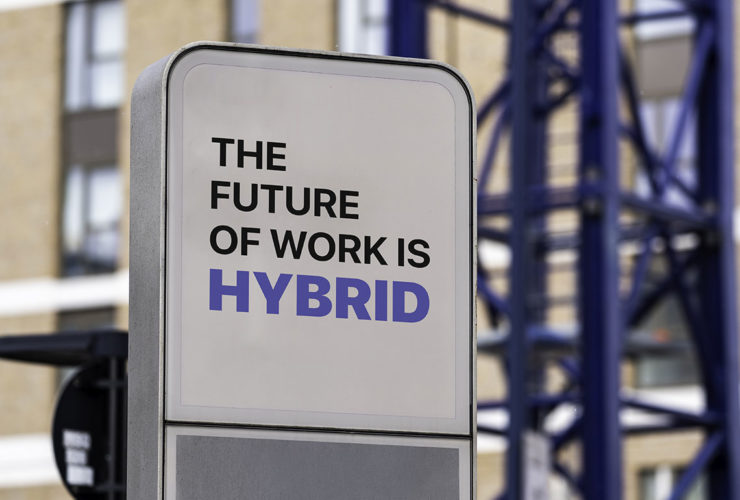Everyone agrees the coronavirus is bringing far-reaching changes to the way we work today. Although it’s impossible to fully gauge the long term impact, we know things will never be quite the same. Travel restrictions are likely to continue for some time, and even after they are loosened, people may be less willing to travel. Companies will continue to restrict employee travel after realizing many interactions do not need to happen in person. Remote work has been on the increase for some time now, but the safer at home orders are likely to greatly accelerate it.
1. Remote work requires a different skill set to succeed
Before the pandemic,almost half of all companies did not allow remote work. That is likely to change as companies see for themselves that employees can be productive working remotely, and they experience the tremendous opportunities to cut travel costs.
Remote employees need to be productive in a very different work environment, one that is less reliant on face to face meetings and more reliant on digital tools. Remote work requires people to manage both themselves and others on the team in different ways, and employers will need to adapt in order to attract and retain high performing talent in this new environment.
2. Hiring managers need to find better ways to predict performance in a remote environment
Face to face interviews may be limited for some time due to risks to both candidates and recruiters. That alone can make candidate assessment more difficult, but it will also be critical that employers are able to evaluate a different candidate skillset. Is a candidate’s personality compatible with working long hours from home? Are they able to succeed with less direct observation by their management? Are their living arrangements suitable for work? Remote work requires self-discipline, which will need to be taken into account when assessing candidates.
It can be particularly challenging to assess interpersonal and communication skills without face to face interaction, which means new tools will need to be developed to adequately screen for these softer skills. In this time of increasing reliance on videoconferencing, the use of video will become even more critical as part of the assessment process.
3. Changing diversity and inclusion landscape
Based on experiences during the SARS outbreak, in the short term diversity could take a hit as Asian candidates may face increased discrimination and companies may limit candidates to those who are local to avoid travel.
In the longer term, however, we are likely to see the increase in remote work lead companies to abandon the notion of regionalism when recruiting tech talent. The result is the opening of a huge new talent pool, and more global competition for talented employees. This presents an opportunity for companies who embrace a more diverse workforce to benefit from the advantages it brings.
4. Digital events will be used to attract technical talent
Traditionally, job fairs and on campus recruiting events have been key to many companies’ recruiting strategies. These events are likely to be limited for the foreseeable future, and as virtual events are adapted to take their place in the short term, these are likely to stick around long after the virus. Online recruiting tactics will need to compensate, and companies will need to rise above all the online noise to be noticed.
5. Time to hire may be negatively impacted
Quarantine and travel restrictions can delay interviews and the entire hiring process unless the process is optimized for stakeholders’ remote participation. With technical hires, it has long been the case that delays in the hiring process result in losing candidates to competitors. Companies can avoid negative impact on talent competitiveness by retooling the recruiting cycle now with HR technologies of the future. For example, eTeki’s technical interviews-as-a-service platform streamlines the technical interview, validates the candidates experience, and enables the hiring team to accelerate an offer based on real world conversations. All of this is done virtually, and it enables top candidates to be fast tracked.
The changes to our work environment are far-reaching and many businesses will not be able to sufficiently adapt. But by understanding the longer term ramifications of the Covid-19 lockdowns, companies can lay the foundation now to beat out their competition in the future.
This will require companies to fast track the hiring process for top candidates if they don’t want to lose them.

Sam Velu
Sam Velu has over 20+ years’ experience in staffing and solutions delivery of human capital for various domains, as well as technical recruiting training. Sam is passionate about people analytics and finds joy in helping companies optimize delivery leveraging metrics and social data resulting in high yielding recruitment results. Mr. Velu’s recruiting teams have been repeatedly recognized nationally for recruiting excellence. Sam’s prior contributions to the industry include serving on the TechServe Alliance Taskforce on IT & Engineering Talent Shortage and speaking at numerous industry conferences.







